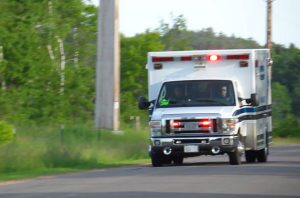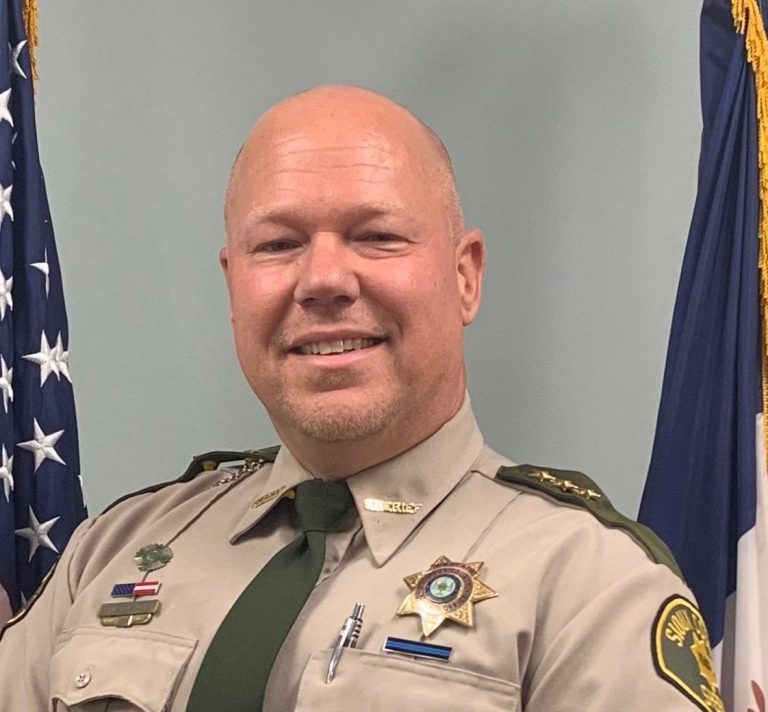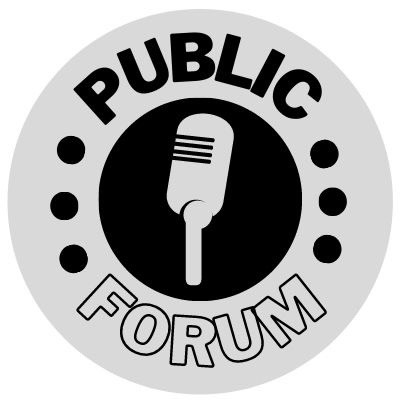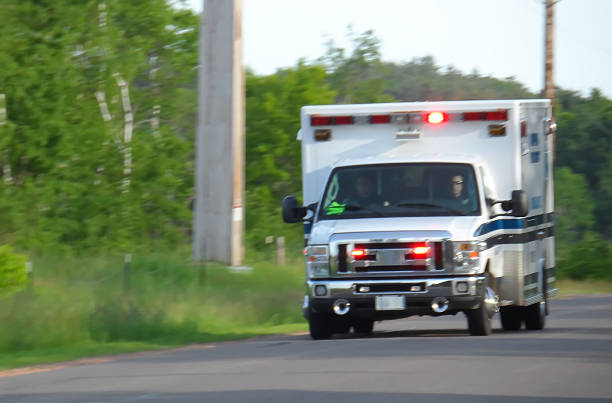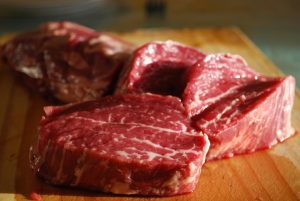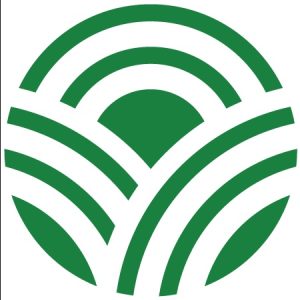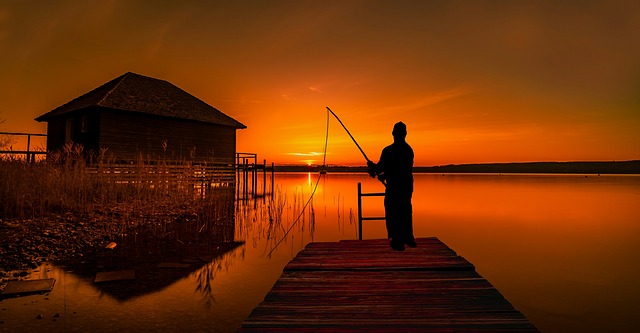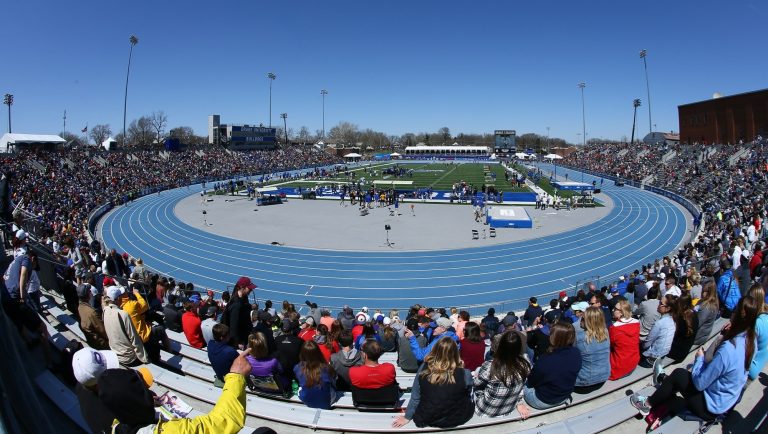Sioux Center, Iowa — An area liberal arts college is going to receive some money to help integrate faith and science.

Dordt College has been awarded a $25,000 grant by the STEAM Project (Science and Theology for Emerging Adult Ministries), a partnership between Fuller Theological Seminary and the John Templeton Foundation. Dordt officials say the project seeks to catalyze the integration of Christian faith and science among 18-30-year-olds; those considered to be “emerging adults.”
Dordt spokesperson Sarah Vander Plaats says that Dordt Biology Professor Dr. Robbin Eppinga will lead a team of Dordt College faculty, area pastors, and a senior Dordt biology major to develop a series of one-session studies and multi-session learning modules that facilitate deeper engagement with subjects at the nexus of science and faith. She says the studies will integrate a variety of media and will be selected from among existing resources that have been uploaded to a website by churches, campus ministries, and Christian colleges and universities. Once submitted materials have been developed into finalized curricula, they will be available for free download online. The online resources are designed for college and post-college ministries to equip Christian young adults in navigating complex questions at the intersection of faith and science.
Eppinga says that the evidence suggests that as Christians, we’re not always engaging these questions very well—in our churches, in Christian schools, within families. He says that many young Christians have never had a safe place to wrestle through challenging issues at the interface of faith and science, and he says, “These resources are intended to help people create that safe place to ask questions, examine evidence, and explore implications.”
Issues they hope to cover include cloning, medical ethics, evolution through natural selection, genetically-modified organisms or GMOs, climate change, and many others. However, studies will not be limited to the “hard” sciences; studies will also cover topics in “soft” sciences like psychology and sociology, as well as the scientific aspects of disciplines in the arts or humanities.
Vander Plaats says the STEAM project was initiated in response to broad cultural shifts among 18-to-30-year-olds, who increasingly mark “none” when asked to describe their religious affiliation. Many emerging Christian adults join the so-called “nones” once they leave home and encounter new ideas that seem difficult to reconcile with their faith.
Eppinga says, “For these adults, their understanding of Christianity no longer offers a reliable way of explaining the world.”
More from Dordt College:
This conclusion isn’t inevitable. “At Dordt, we proceed from the conviction that all truth is God’s truth. If God is the author of, and revealed through, both nature and scripture, then there should be no conflict between science and the Christian faith.” Eppinga says.
Yet the work of reconciling apparent contradictions between science and scripture is complicated; it involves contemplating different approaches to biblical interpretation and careful scrutiny of scientific evidence.
To further support the work of science-faith integration, the grant team will partner with In All Things, an online hub committed to the claim that the life, death, and resurrection of Jesus Christ has implications for the entire world.
Dr. David Henreckson, the new Andreas Center director and editor-in-chief of In All Things, says, “We’re excited to be part of this work and to partner with the project leaders in engaging all dimensions of God’s created world. At In All Things, we’re committed to the idea that faith can inform—and be informed by—scientific discovery.”
Aside from featuring grant-sponsored posts on the relationship between science and faith, the In All Things website will likely host the studies developed by the grant team.
Once the new website is created, Eppinga’s team will begin soliciting contributions. In December, the selection, editing, and development process will begin. That process will be overseen by Eppinga and senior biology major Lydia Marcus, with the help of Dordt professors Dr. Channon Visscher, Dr. Benjamin Lappenga, Dr. Kayt Frisch, and Dr. Mark Verbruggen. Marcus, who leads the Science and Faith Club at Dordt, has significant experience developing and leading multi-session science-faith integration modules for her peers.

